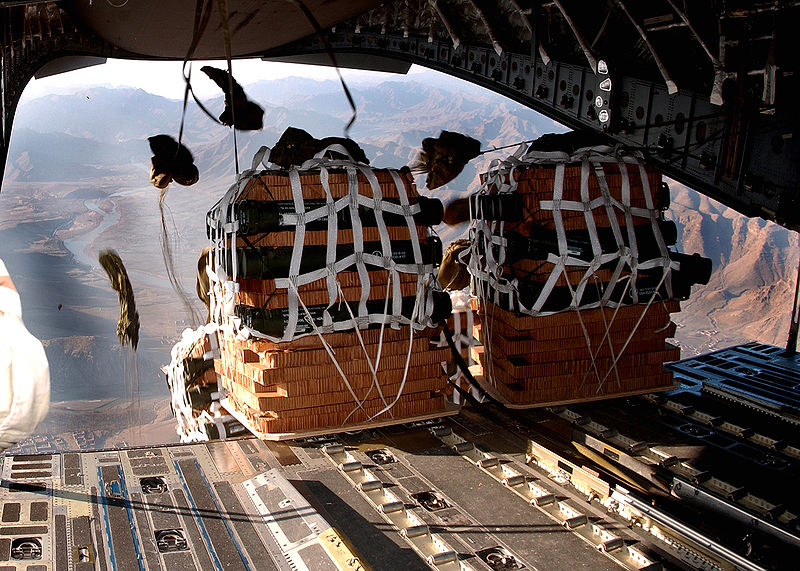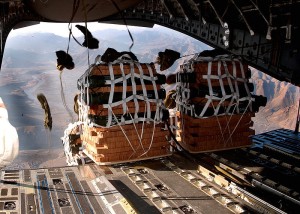
 Moscow has a right to deny NATO transit to and from Afghanistan in response to the alliance’s decision to suspend cooperation with Russia, a senior Russian legislator said Friday.
Moscow has a right to deny NATO transit to and from Afghanistan in response to the alliance’s decision to suspend cooperation with Russia, a senior Russian legislator said Friday.
“If our cooperation comes to a halt, we’ll have the right to suspend (NATO’s) transit, and the alliance will have to find other routes,” Viktor Ozerov, head of the Defense and Security Committee of the Federation Council, or upper house of parliament, told Interfax news agency.
As NATO-led International Security Assistance Force (ISAF) withdrawal from Afghanistan in the end of 2014 approaches, the alliance will have to find routes bypassing the Russian territory, Ozerov said.
Russia will lose nothing from the halt of cooperation, he said, noting that NATO has always been working for its egoistic purposes.
“No progress was made on the key issue — missile defense. NATO continued to expand and set up bases ignoring Russia’s position,” Ozerov noted.
Nevertheless, he said he believes NATO will revise its decision “very soon” and return to dialogue and partnership.
“We are destined to cooperate because we live in the same space. Military activity of one side may directly influence security of the other side. We can’t help but view military unions of East European and Baltic states and military activity on their territories as a threat to our strategic security,” Ozerov said.
This is not the first time that NATO has suspended cooperation with Russia. In 2008, the bloc suspended cooperation with Moscow after a brief Russia-Georgia armed conflict. Cooperation was resumed in 2009 at NATO’s initiative.
Russia joined the Partnership for Peace program with NATO in the early 1990s. The two sides agreed that no excessive military presence was allowed on the territory of Eastern European countries.
On Thursday, Russian Foreign Minister Sergei Lavrov said that Moscow expected NATO to explain how the bloc’s recent military build-up in Eastern Europe corresponded with existing bilateral agreements.
Source: Xinhua




